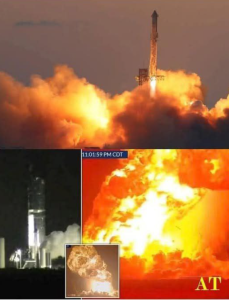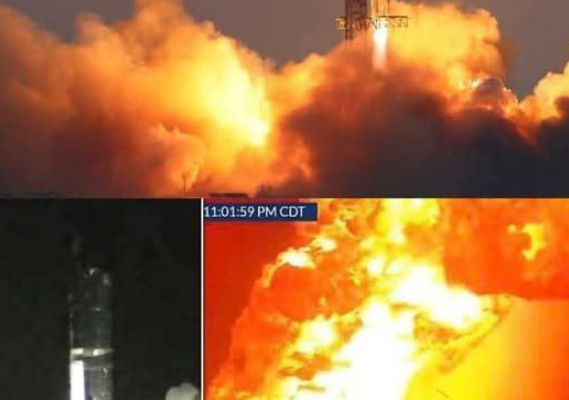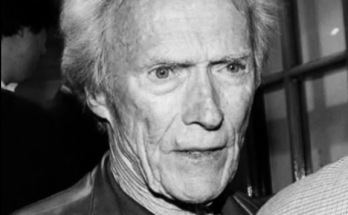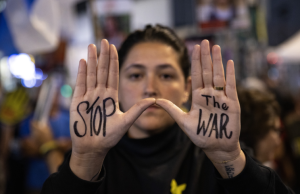
“The Sky We Promised”
The countdown began at 11:01:59 PM CDT. The launchpad hissed with vapor, the air thick with tension and the scent of scorched metal. Hundreds of eyes watched from the control room, thousands more from around the world. But for Dr. Lena Vichell, the moment was personal. Her heart beat in sync with the rocket’s pulse, each second a drumbeat of hope and dread.
She had spent seventeen years building this. Not just the rocket—named Astraeus after the Titan god of dusk—but the dream itself. A vessel meant to carry humanity’s first deep-space probe beyond the Kuiper Belt. A promise to her late father, who once told her, “The stars aren’t just above us, Lena. They’re inside us.”
The ignition roared. Fire bloomed beneath the rocket, illuminating the night like a second sun. Astraeus rose, elegant and defiant, slicing through the darkness with a plume of flame. Lena’s breath caught. It was working. It was finally working.
In the observation gallery, her team erupted in cheers. Engineers hugged. Technicians wept. Lena didn’t move. Her eyes stayed locked on the screen, watching the telemetry, the trajectory, the fragile thread of numbers that held their future.
Then came the flicker.
A blip in the data. A tremor in the fuel line. The rocket shuddered mid-ascent, a hiccup that lasted less than a second—but long enough to trigger alarms. Lena’s voice cut through the celebration.
“Hold the feed. Check the pressure in tank three.”
The room fell silent. The rocket climbed higher, but the numbers betrayed it. Pressure dropping. Heat rising. A cascade of warnings lit up the monitors like fireworks.
And then, the sky tore open.
Astraeus exploded in a burst of flame and metal, a violent bloom that lit the clouds orange and red. The shockwave rattled the windows. The gallery went silent. Lena stood frozen, her hand still raised, as if she could reach into the sky and catch the falling pieces.
The inset camera showed the debris raining down like stars in reverse. The rocket was gone. The dream was gone.
The investigation lasted months. Faulty valve. Manufacturing oversight. A decimal misplaced in a subcontractor’s blueprint. Lena sat through every hearing, every press conference, every apology. She answered questions with precision, never flinching, never deflecting.
But at night, she returned to the empty lab where Astraeus had been born. She walked among the silent prototypes, the scorched test engines, the fragments of ambition. She kept the launch footage on loop, studying every frame, every flicker, every heartbeat of the rocket that had almost made it.
Her team drifted away. Some joined other projects. Some left aerospace entirely. A few stayed, loyal but broken. Lena didn’t blame them. Failure had a gravity of its own.
One evening, she found a letter tucked inside her father’s old notebook. It was dated twenty years ago, written in his looping, impatient scrawl.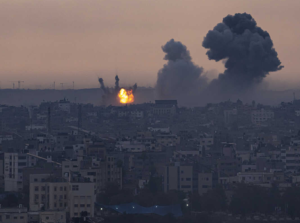
“If you ever build something that breaks, don’t bury it. Don’t hide it. Let people see it. Let them learn from it. That’s how we build better stars.”
She read it three times. Then she called her team.
They rebuilt Astraeus.
Not the rocket, but the story. Lena proposed a memorial—not of grief, but of transparency. A public exhibit showing every stage of the mission: the design, the launch, the failure. The valve. The decimal. The explosion. She wanted people to see it all.
The aerospace board resisted. “It’ll damage public trust,” they said. “It’ll make us look incompetent.”
Lena replied, “It’ll make us look human.”
The exhibit opened a year later. It was called The Sky We Promised. Visitors walked through a timeline of ambition and error. They touched the scorched metal. They read the telemetry. They watched the explosion in slow motion, frame by frame, with Lena’s voice narrating what went wrong—and what they’d learned.
It became a pilgrimage site for engineers, students, dreamers. People left notes on the wall: “I failed too.” “This gave me hope.” “I’m building again.”
Five years later, Lena stood on a new launchpad. The rocket was called Astraeus II. It bore the names of every team member who had stayed. And etched near the nose cone, in tiny letters, were the words from her father’s letter: “Build better stars.”
The countdown began.
This time, the rocket rose clean. No flicker. No tremor. Just fire and silence and the breathless awe of a dream reborn.
Lena didn’t cheer. She didn’t cry. She simply watched, hand raised, as Astraeus II disappeared into the sky they had promised—and finally reached.